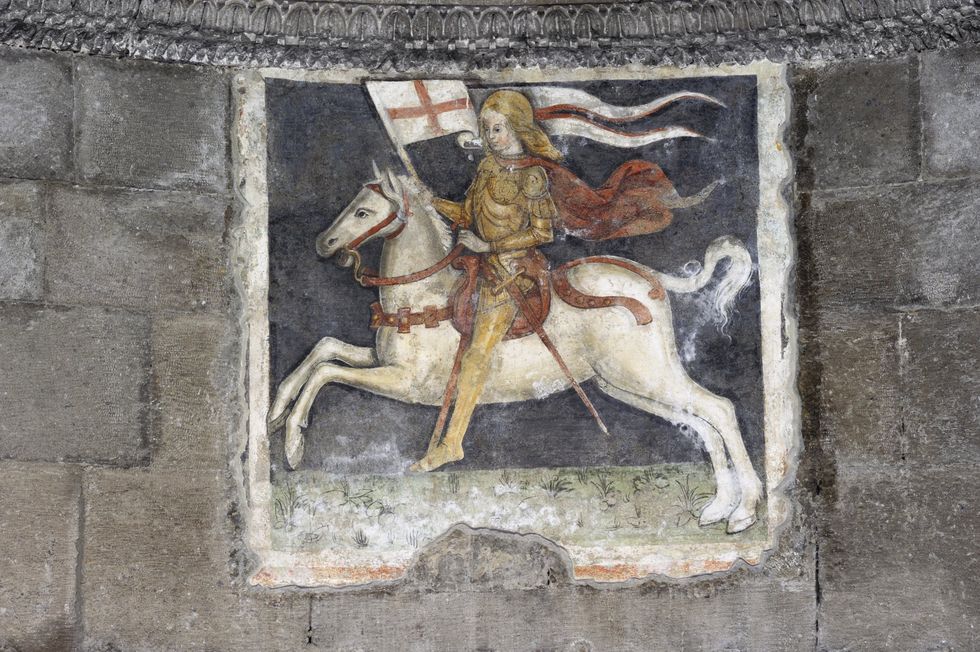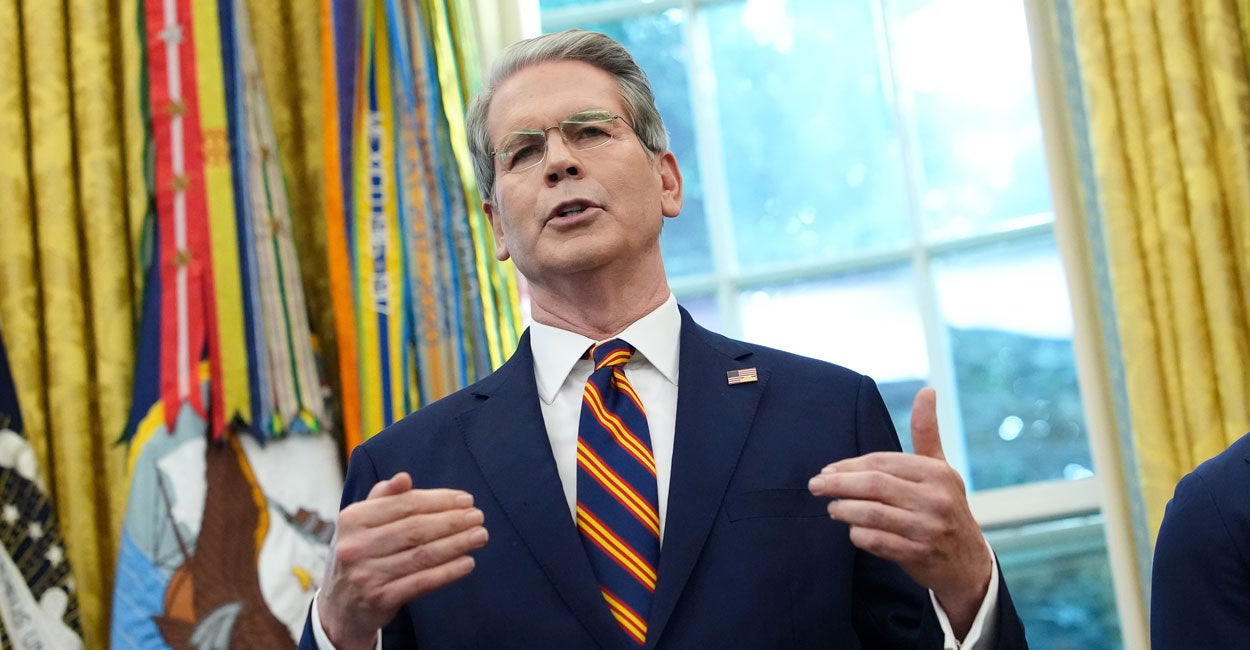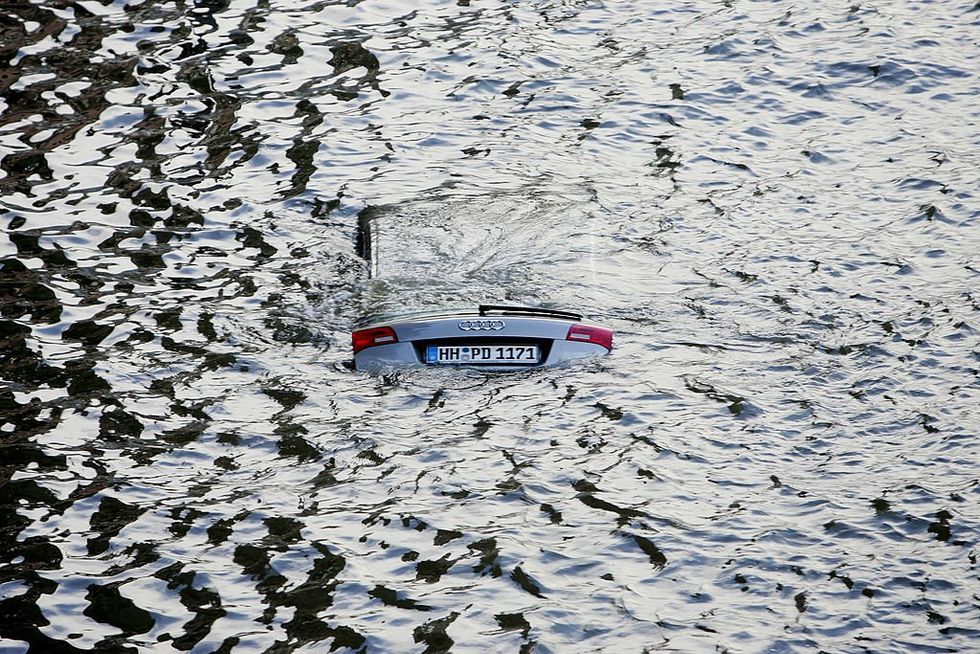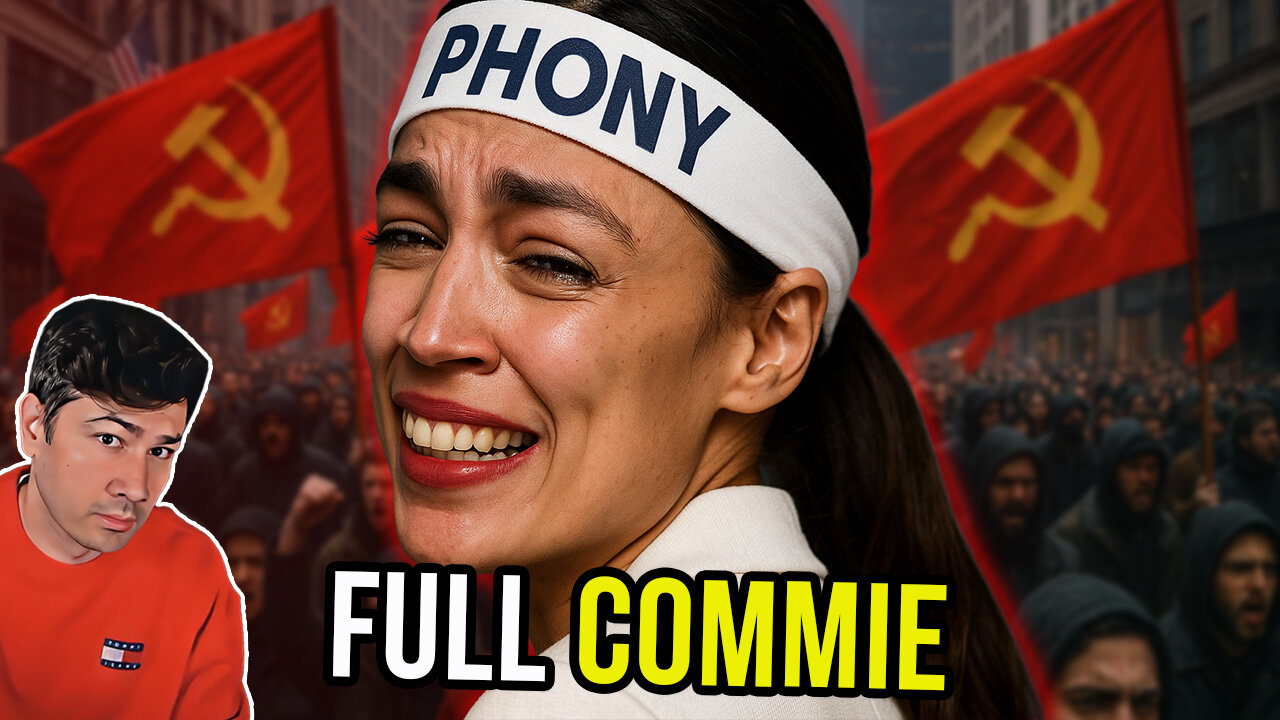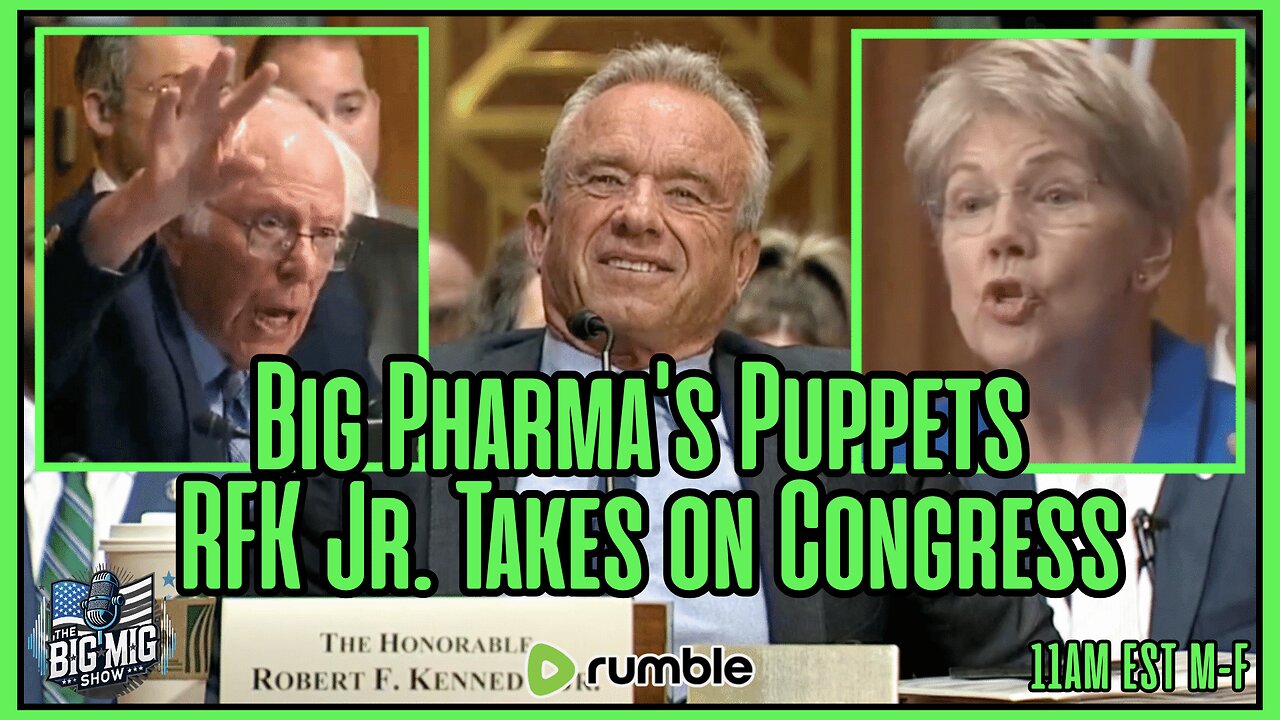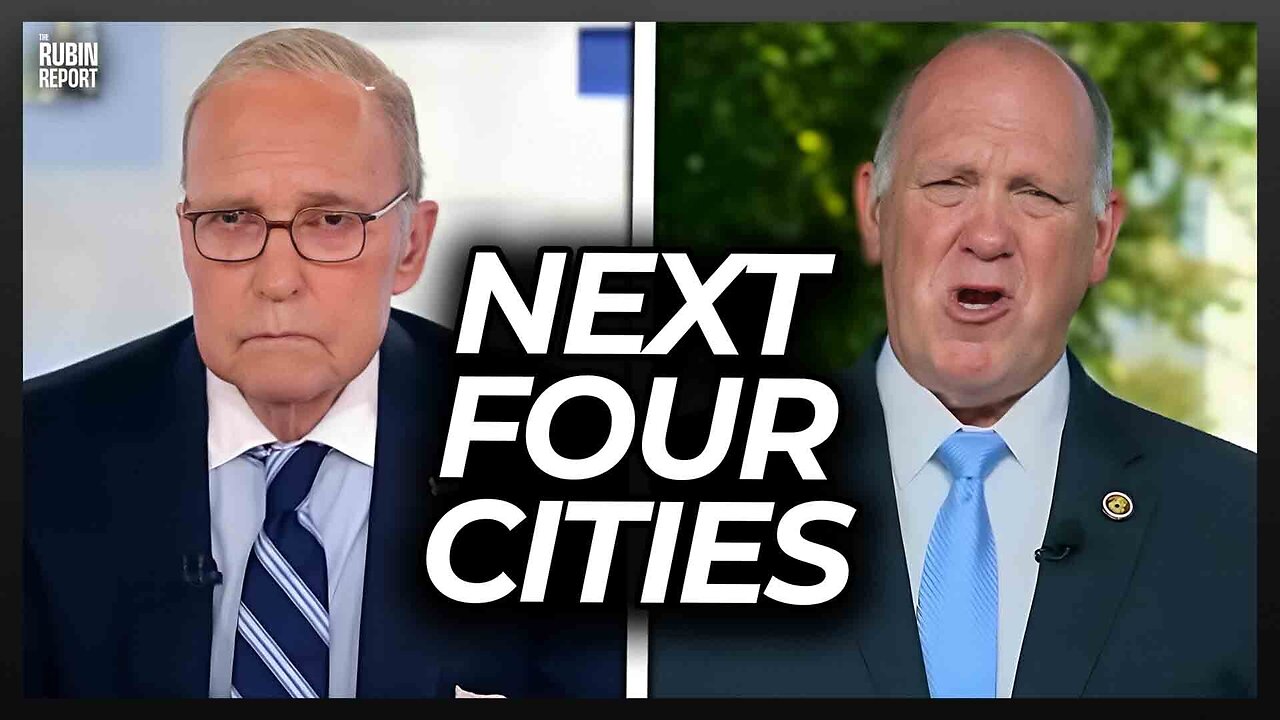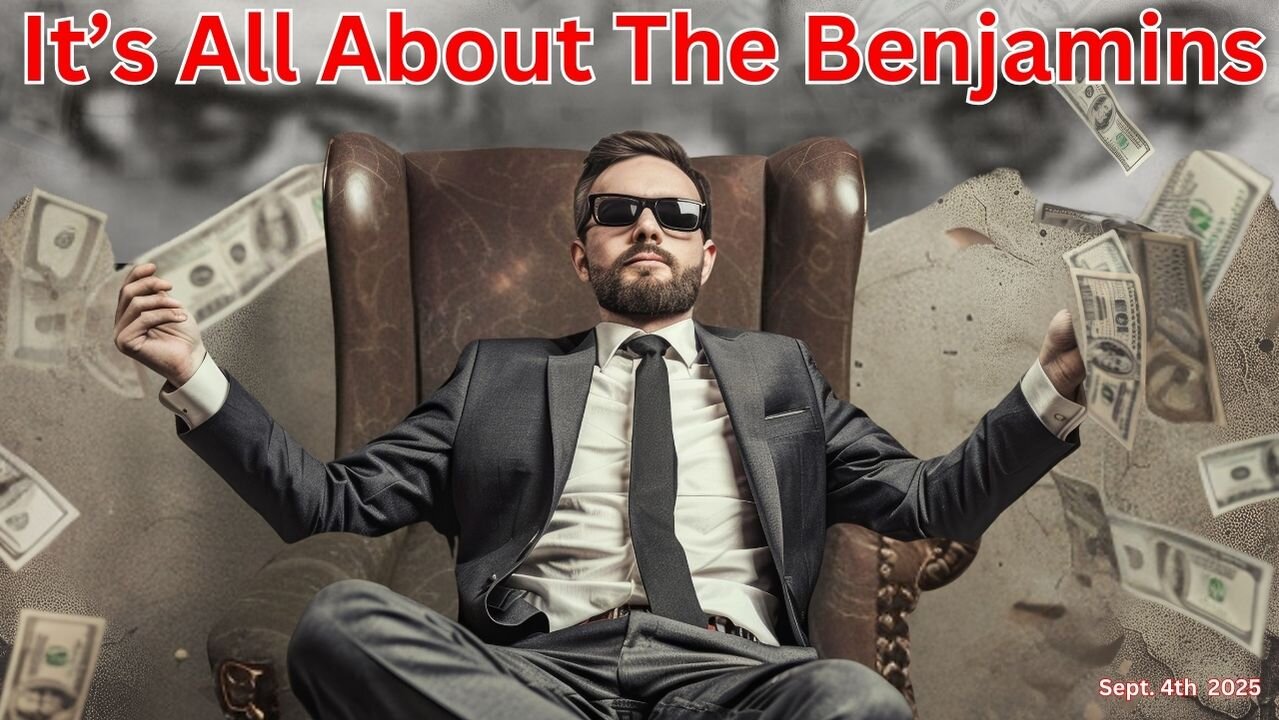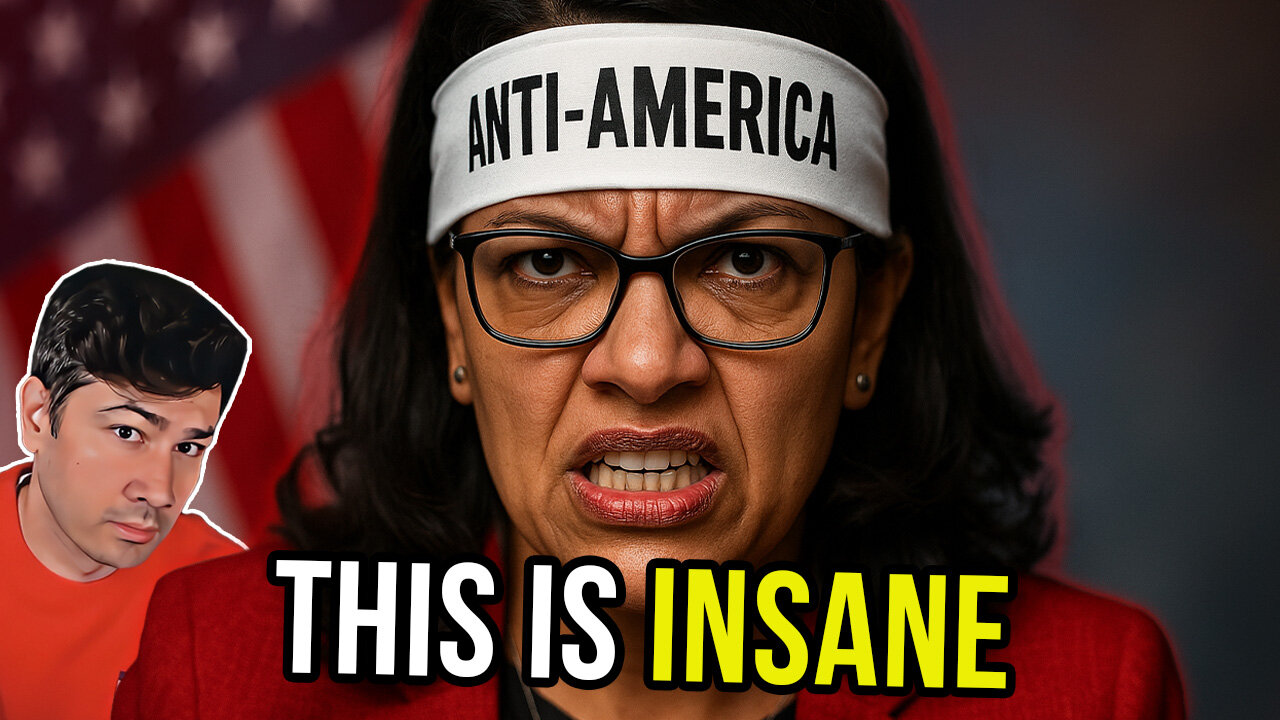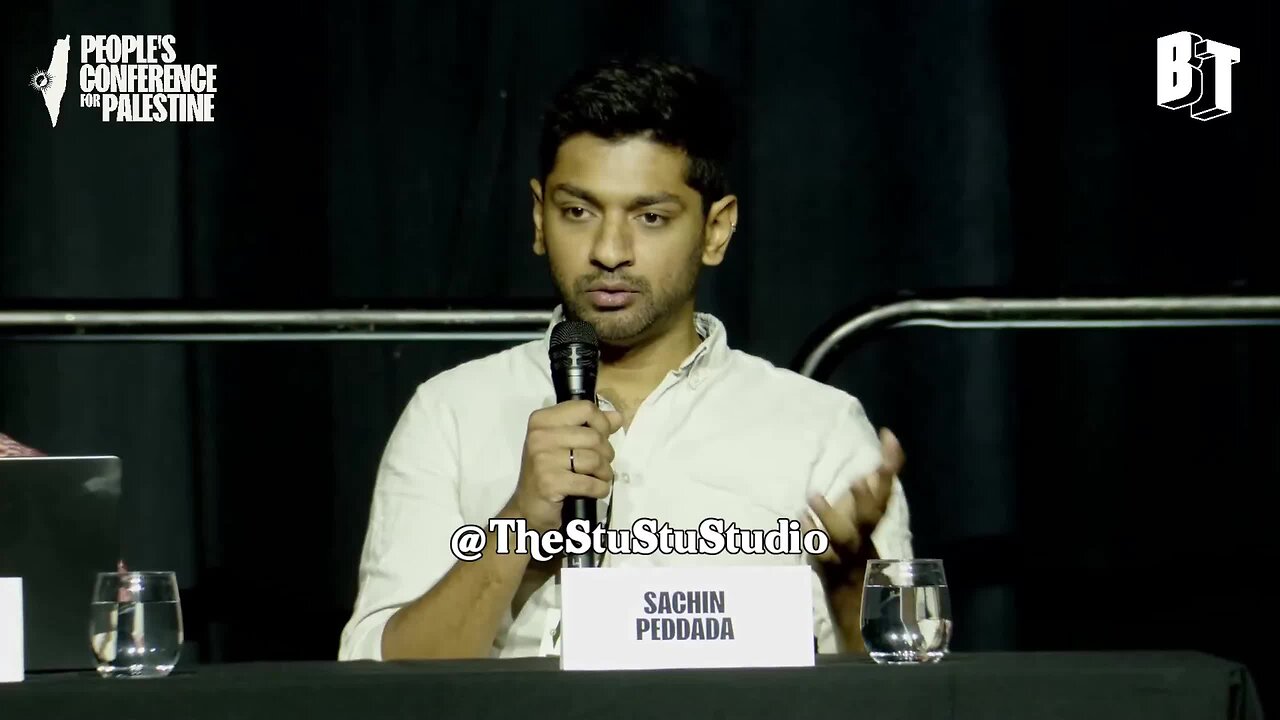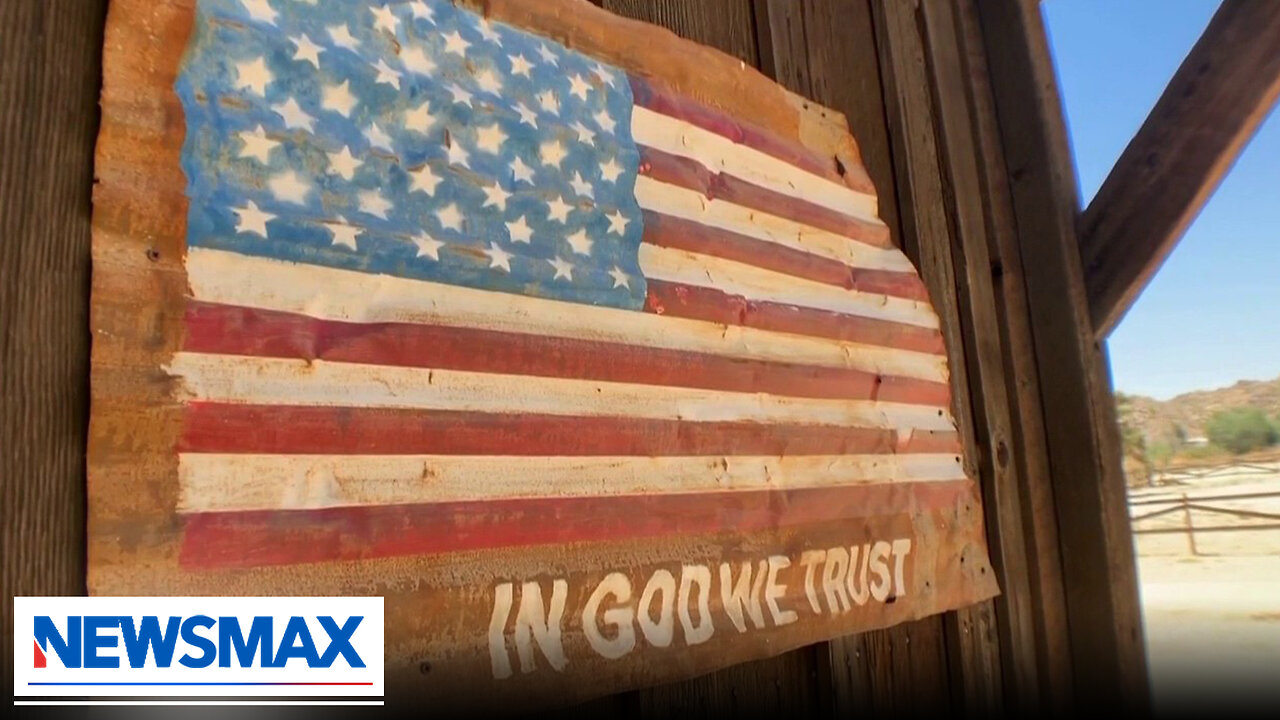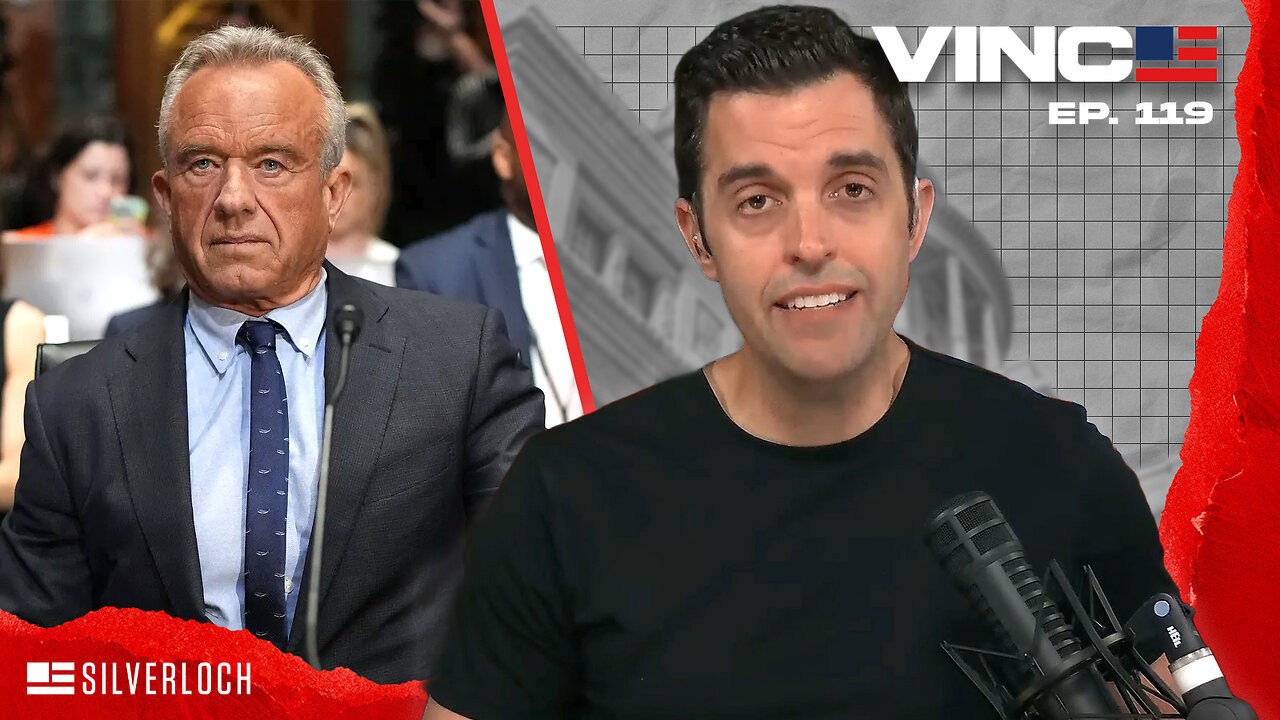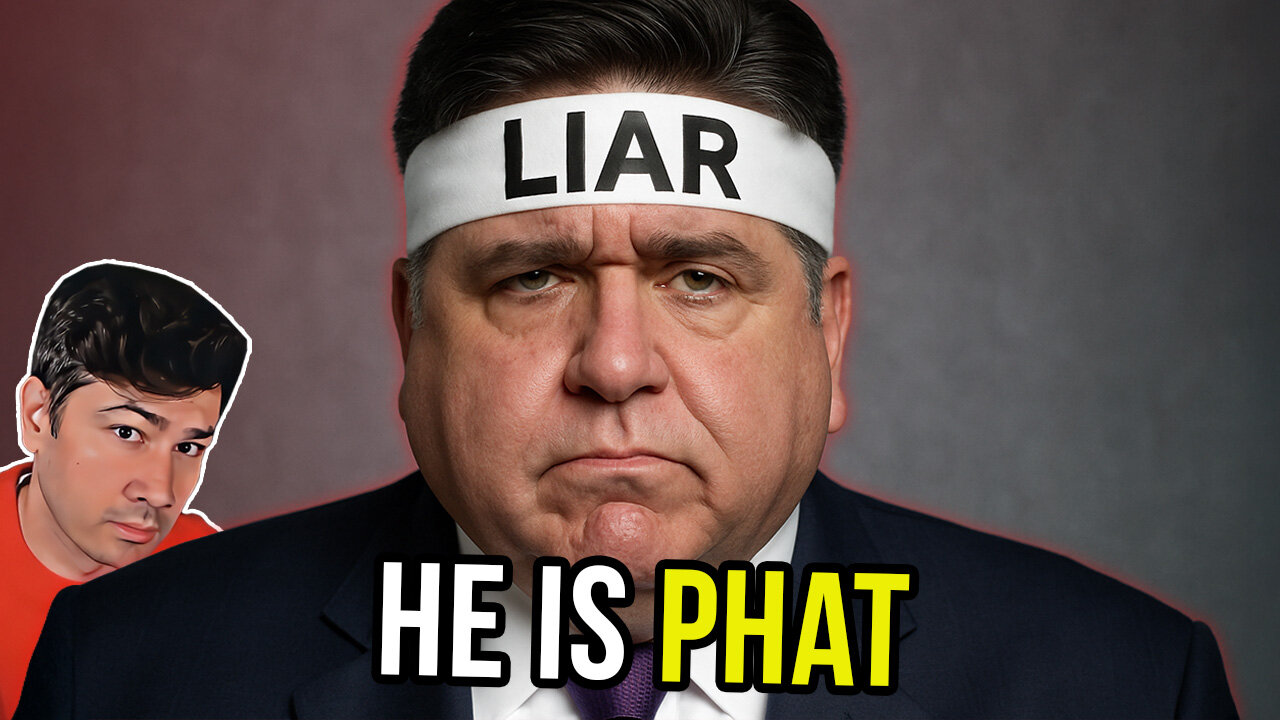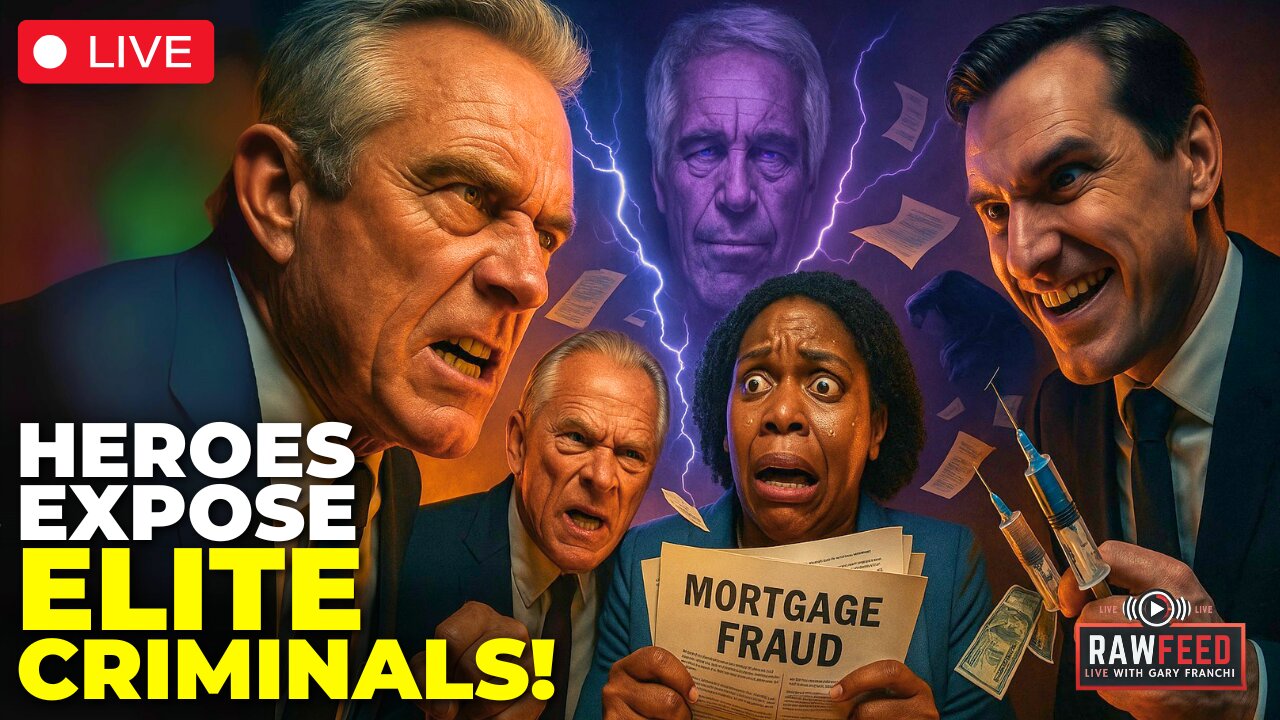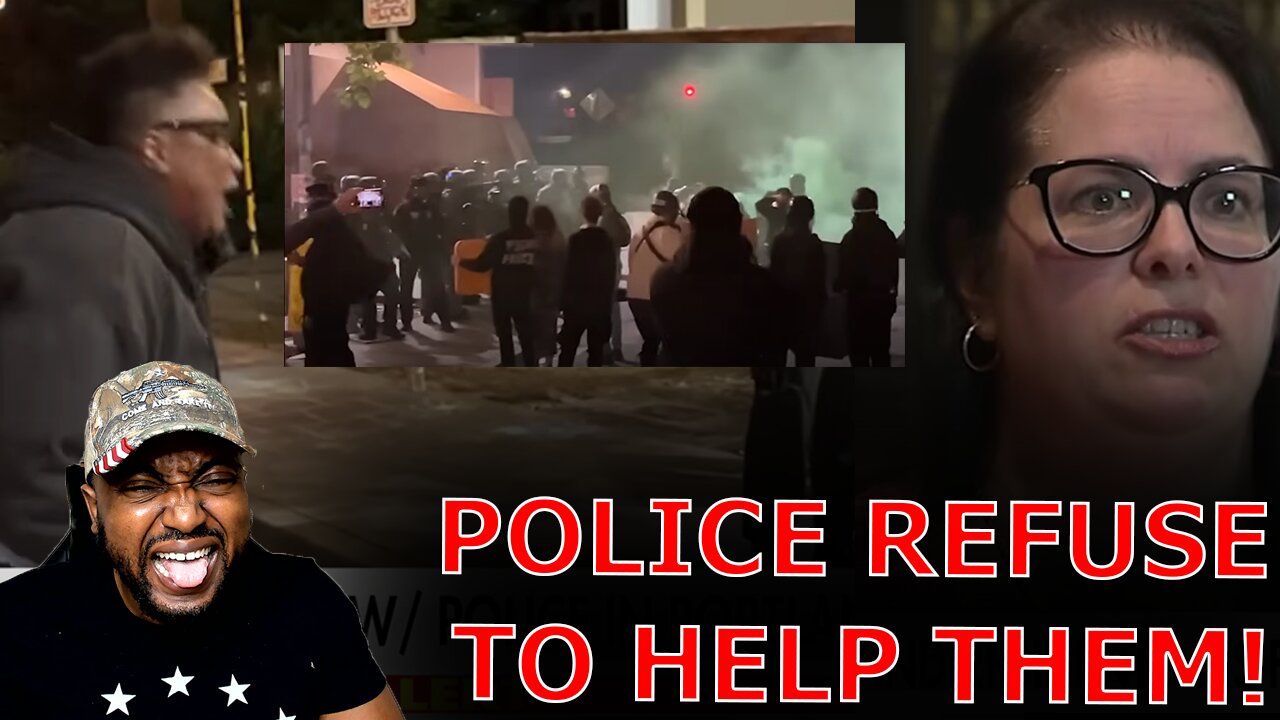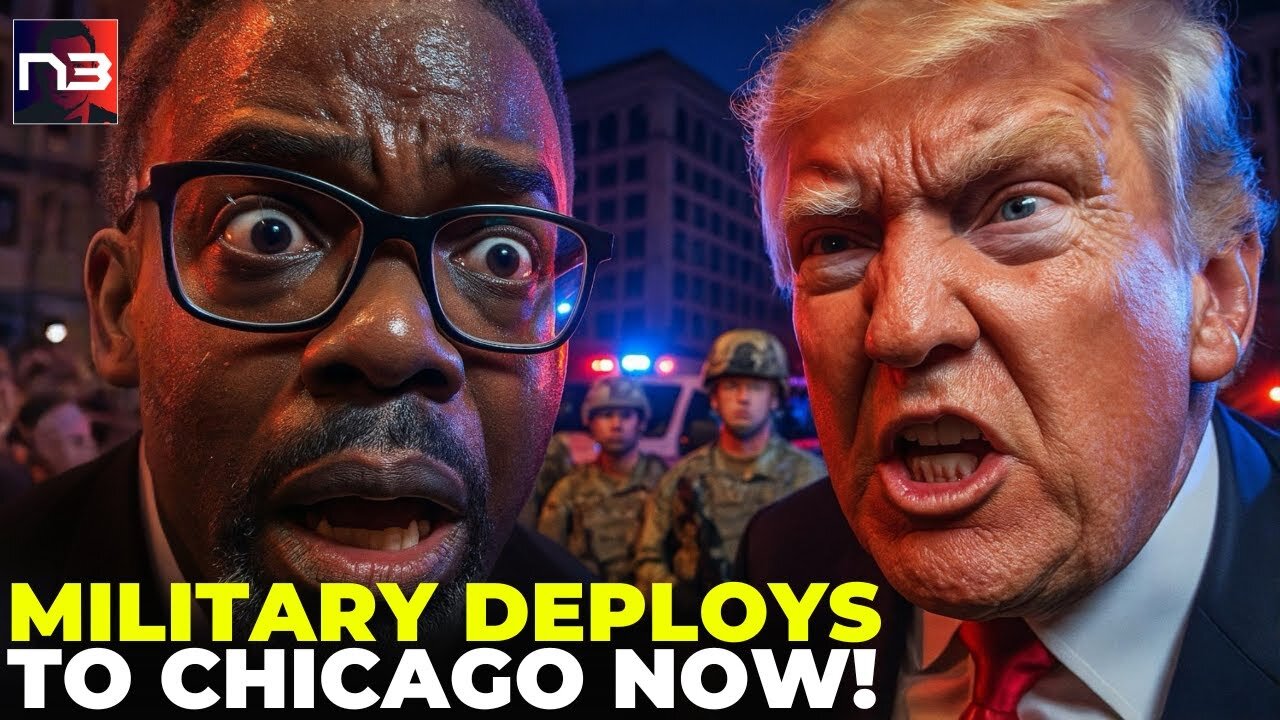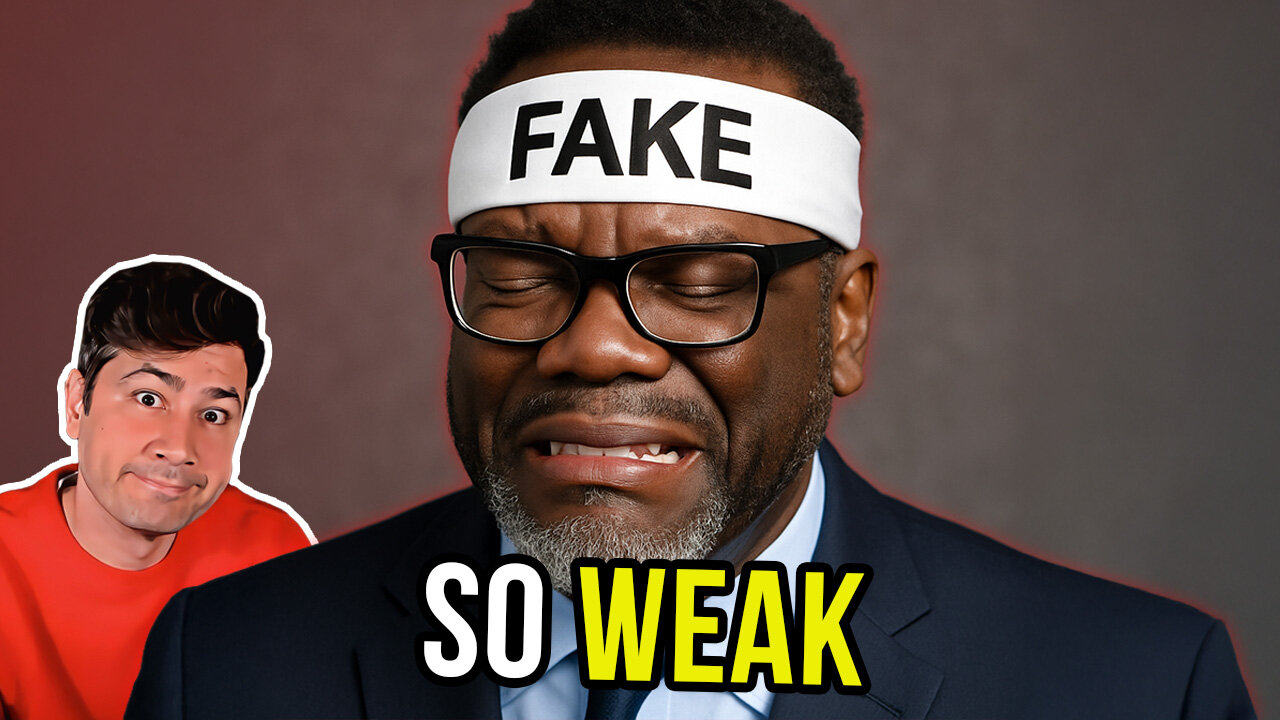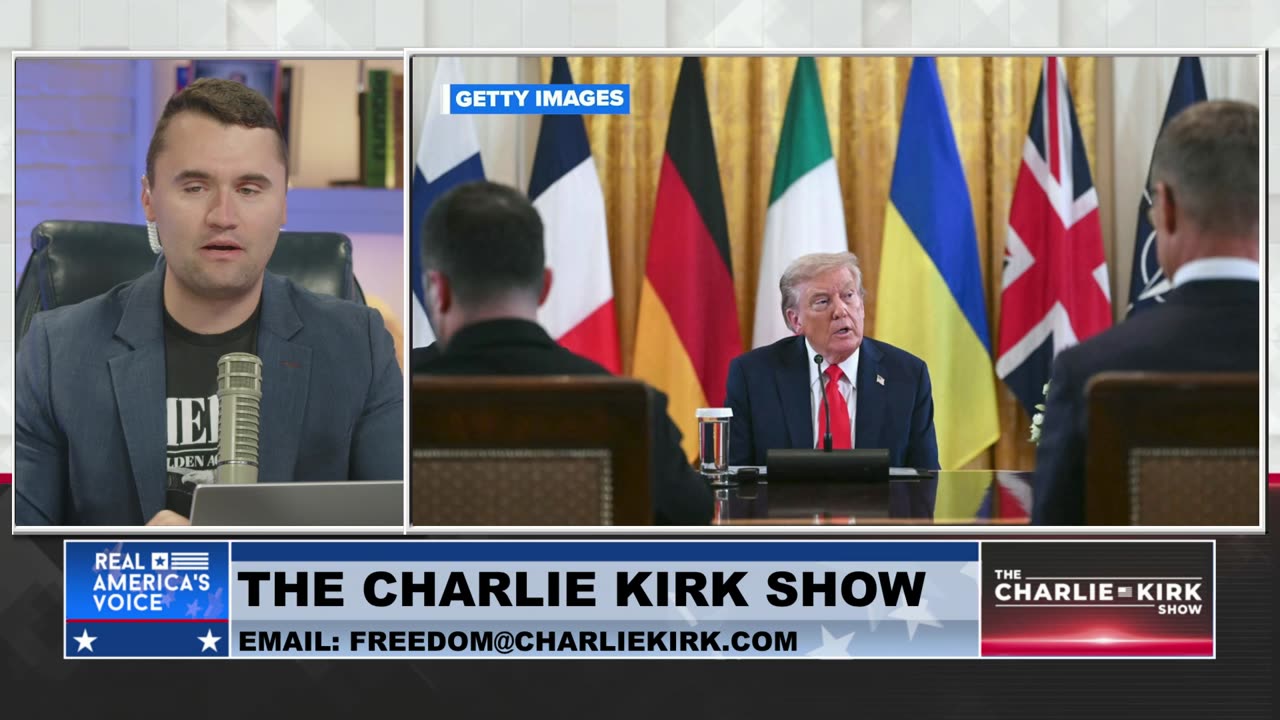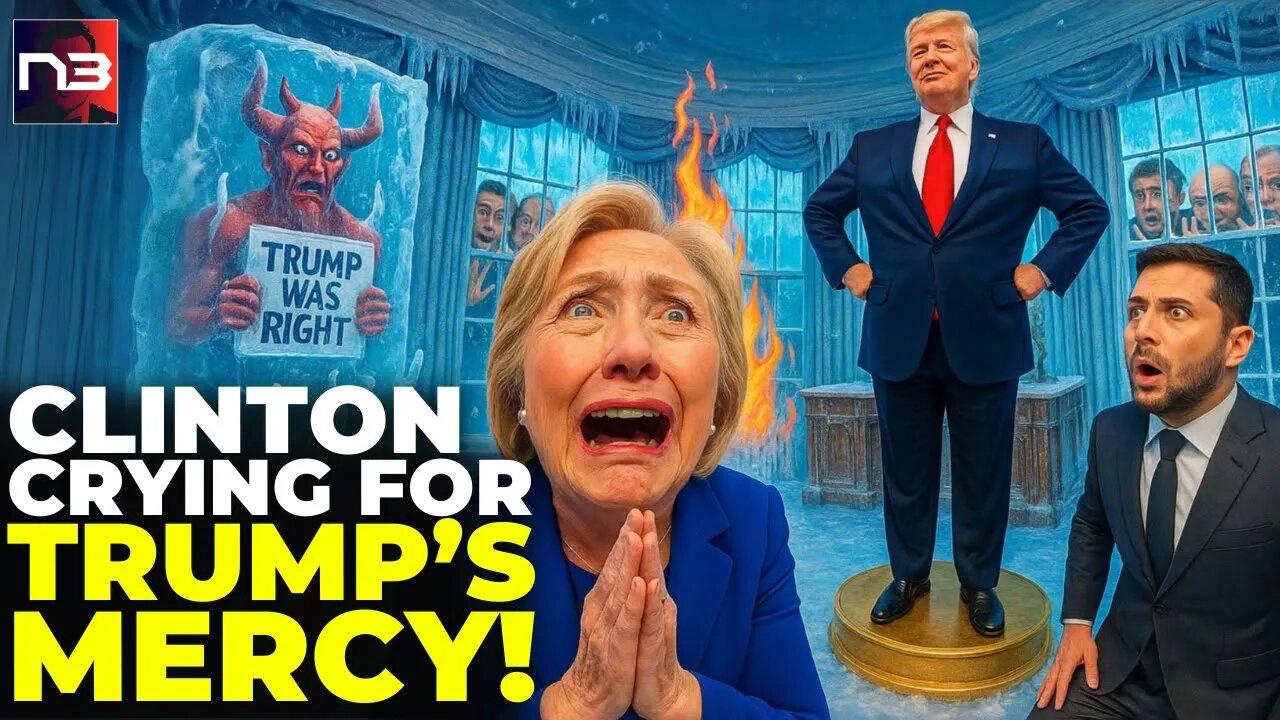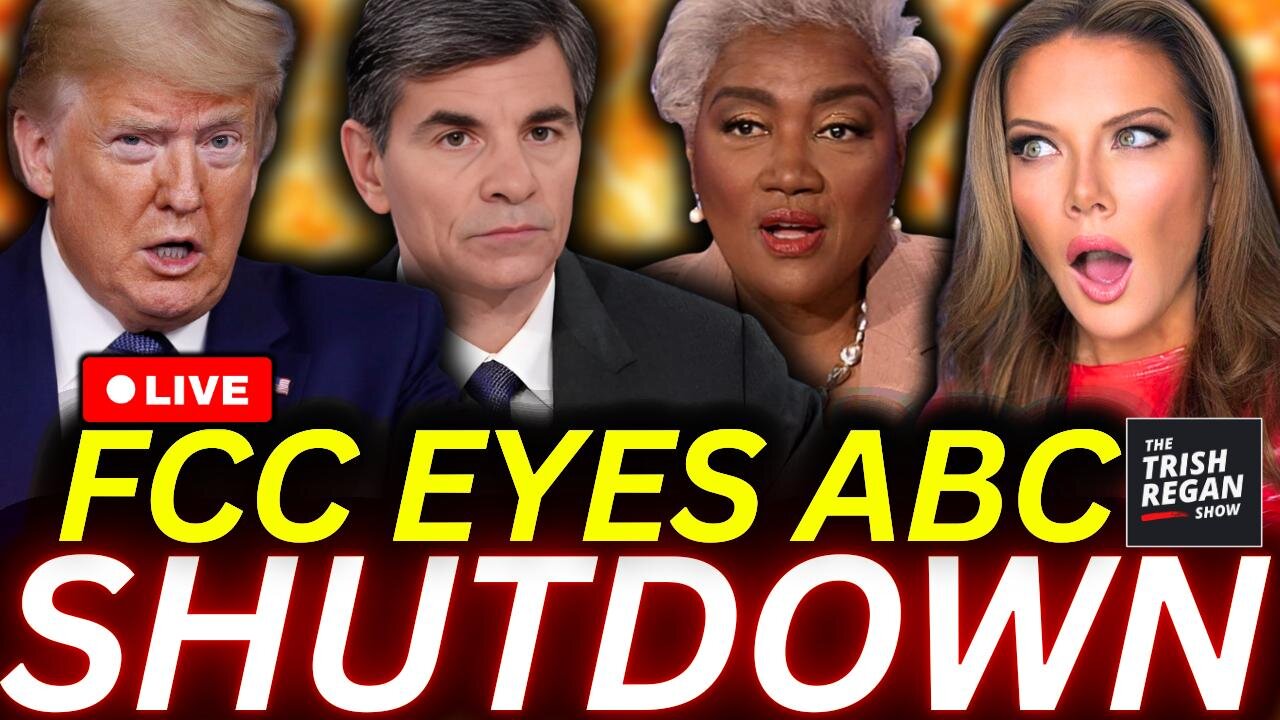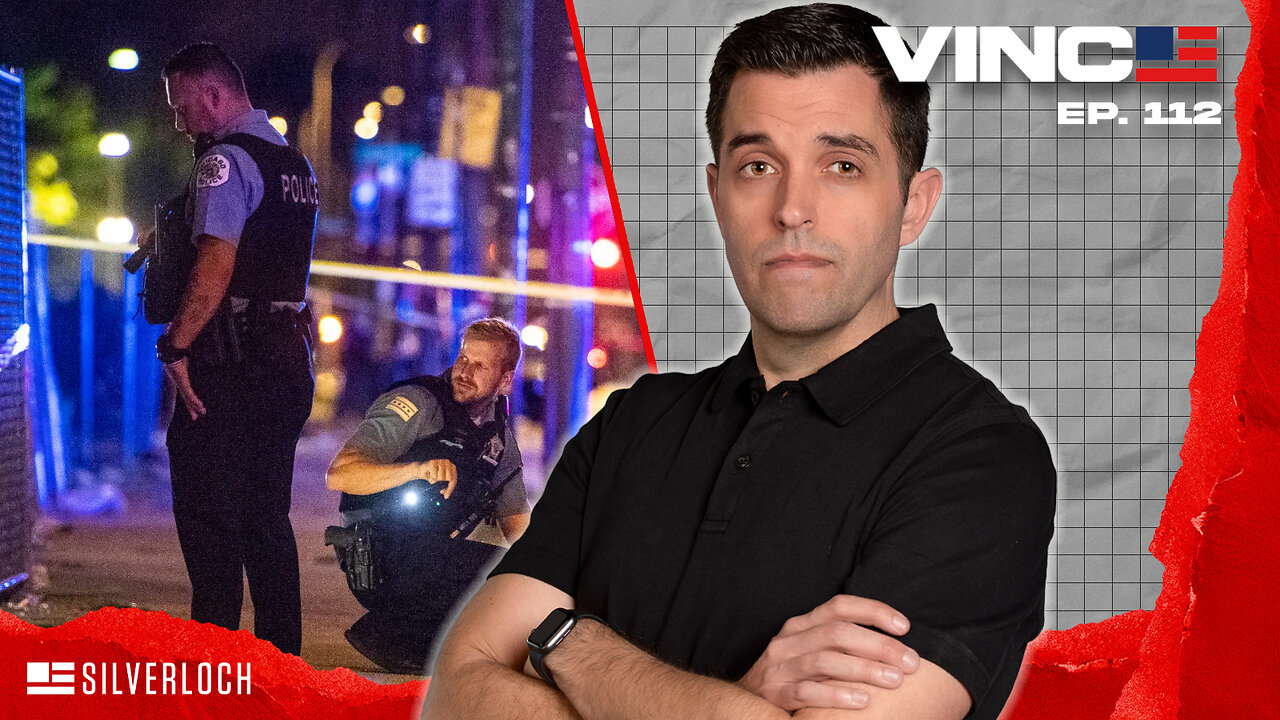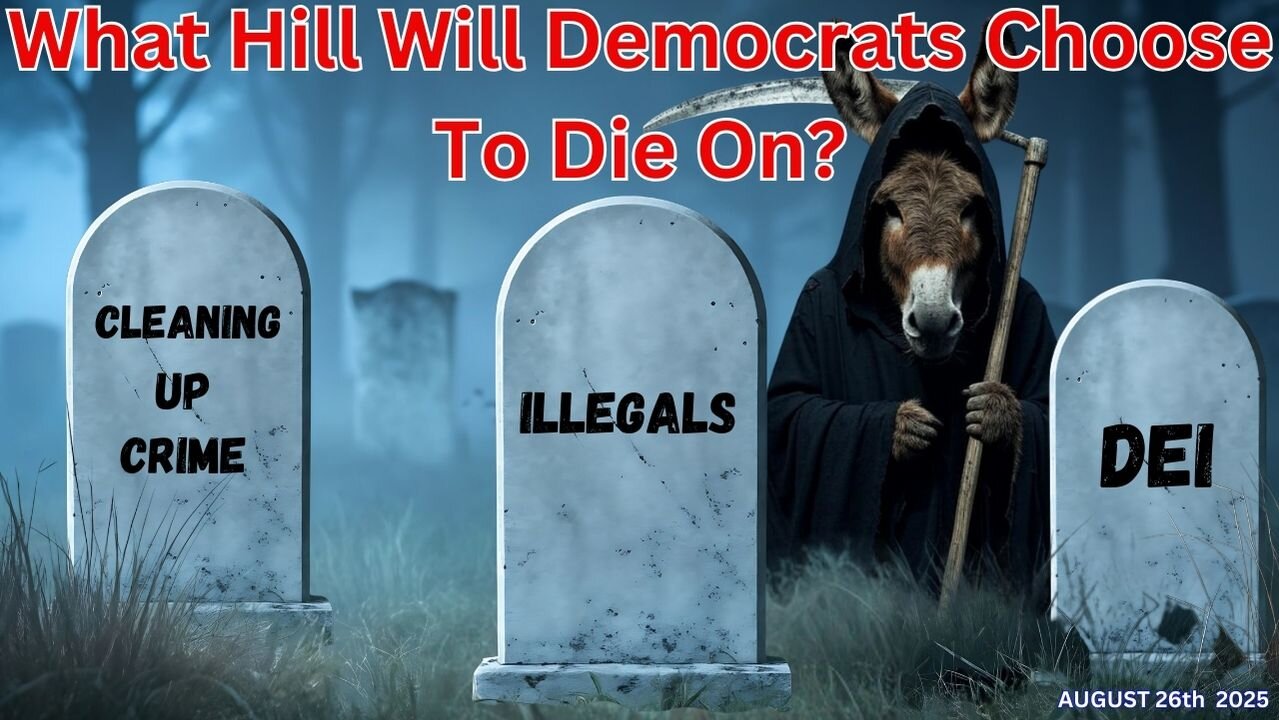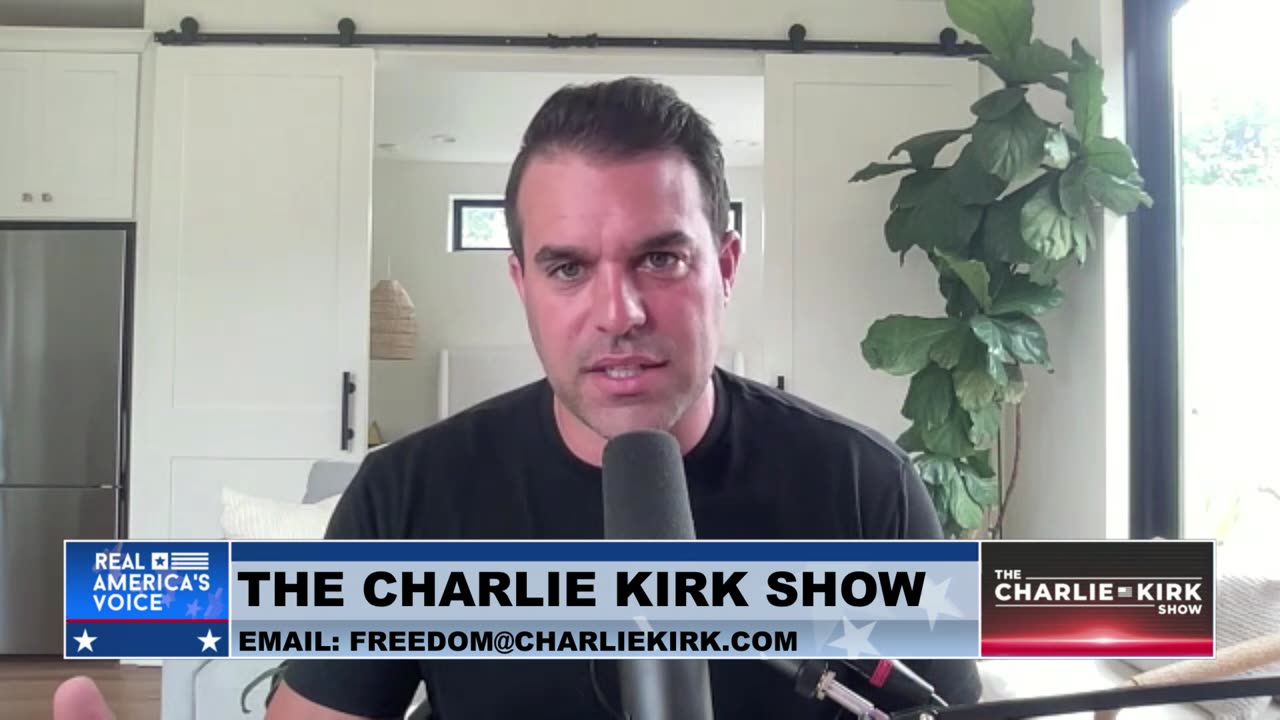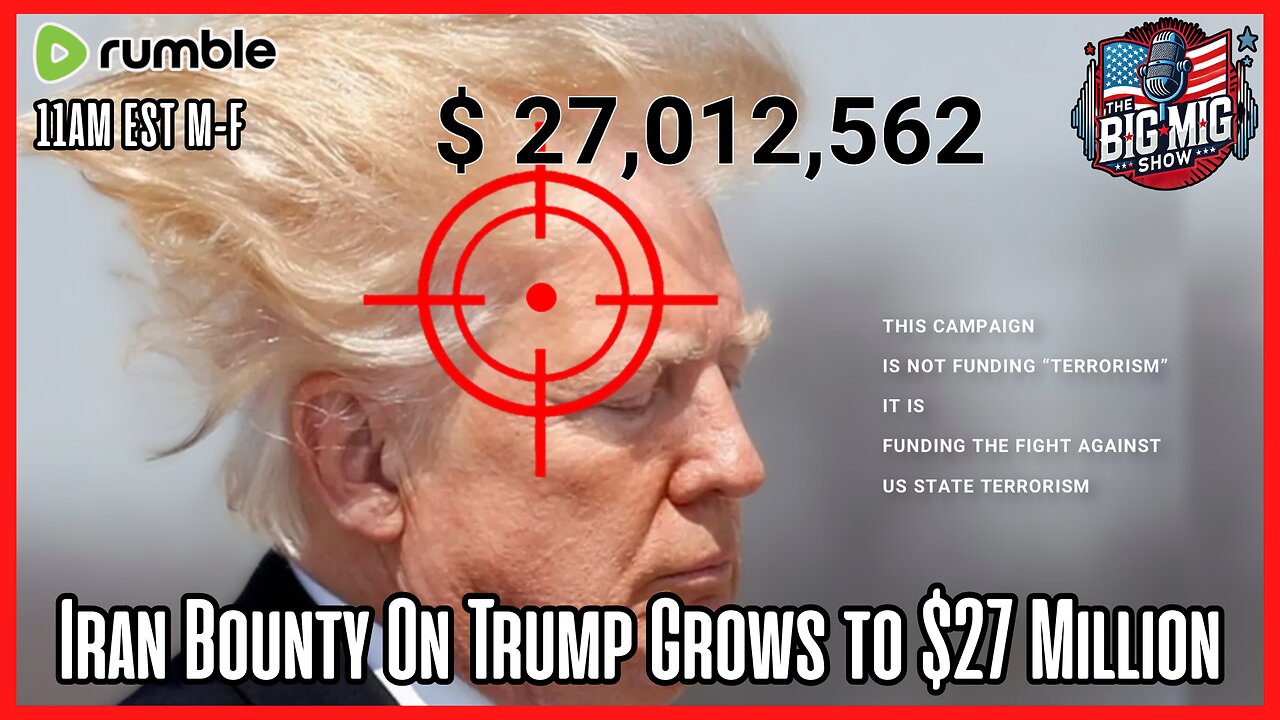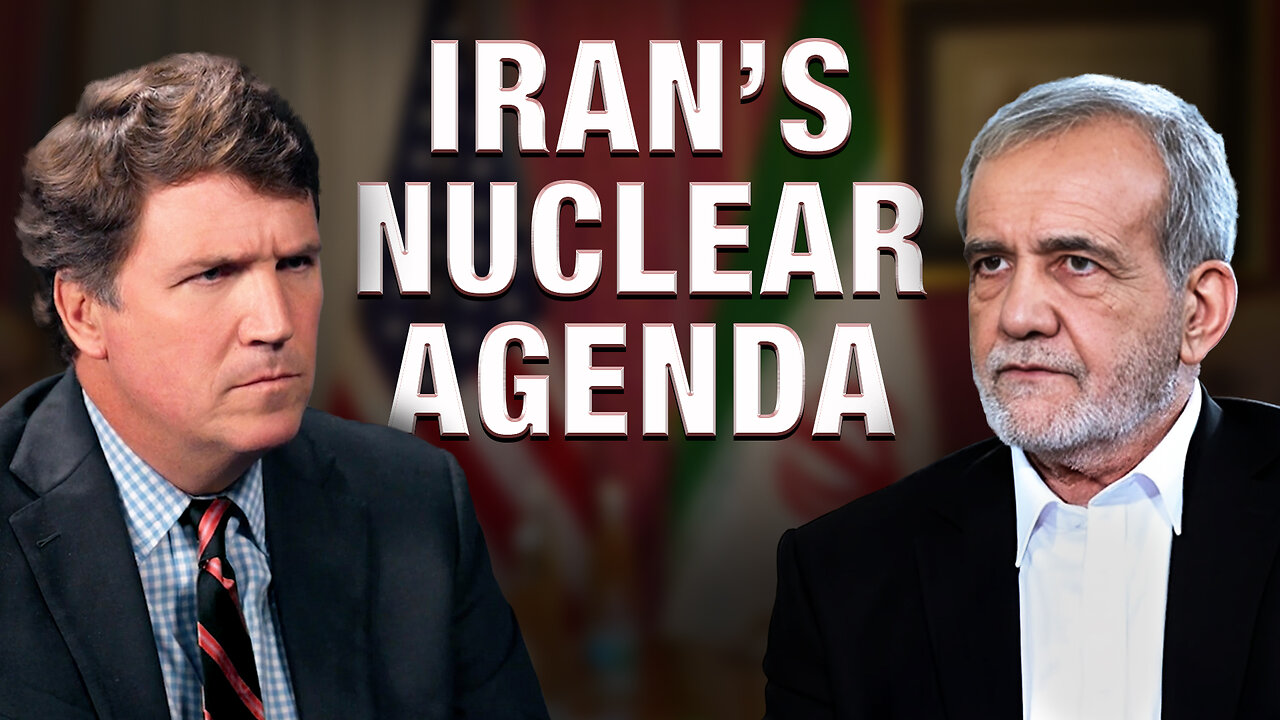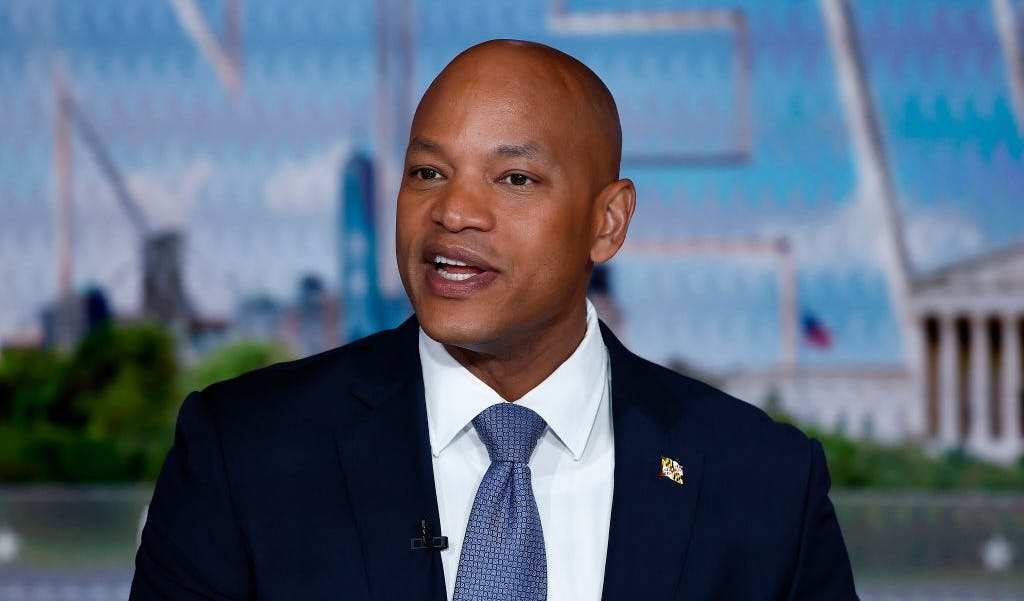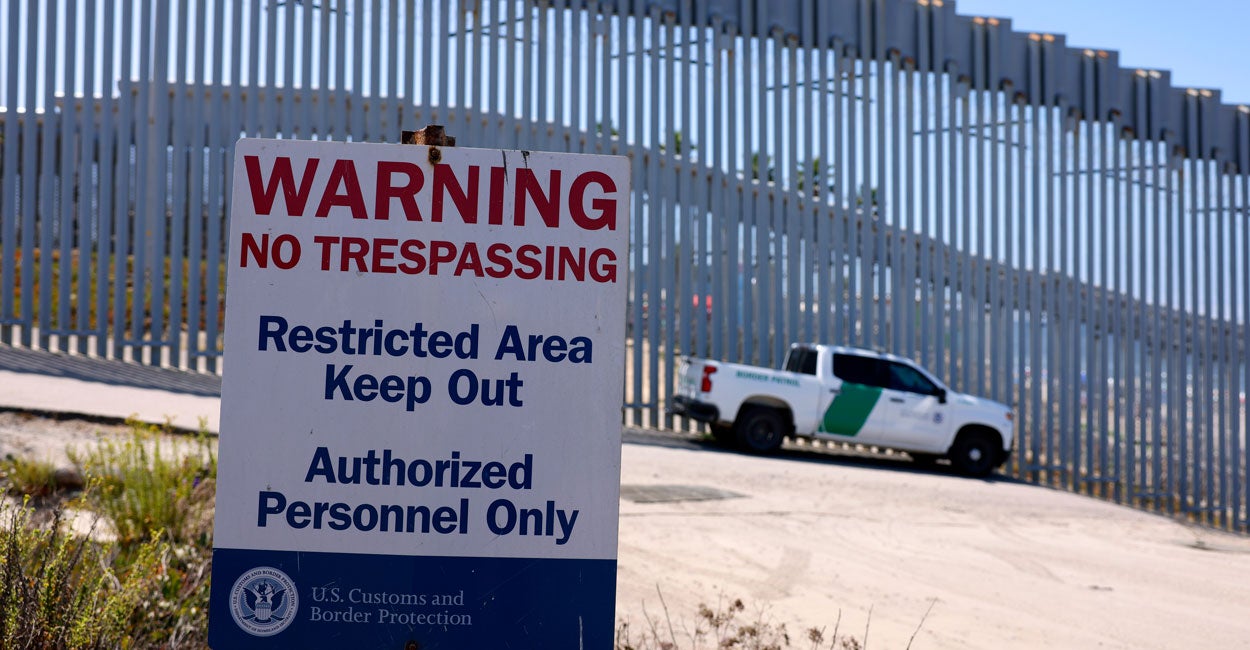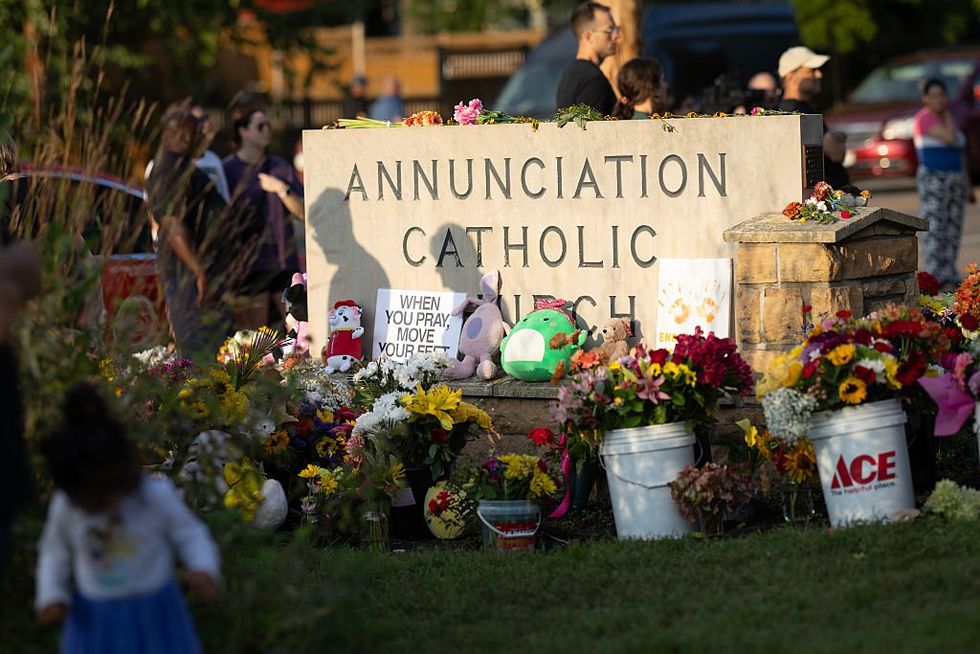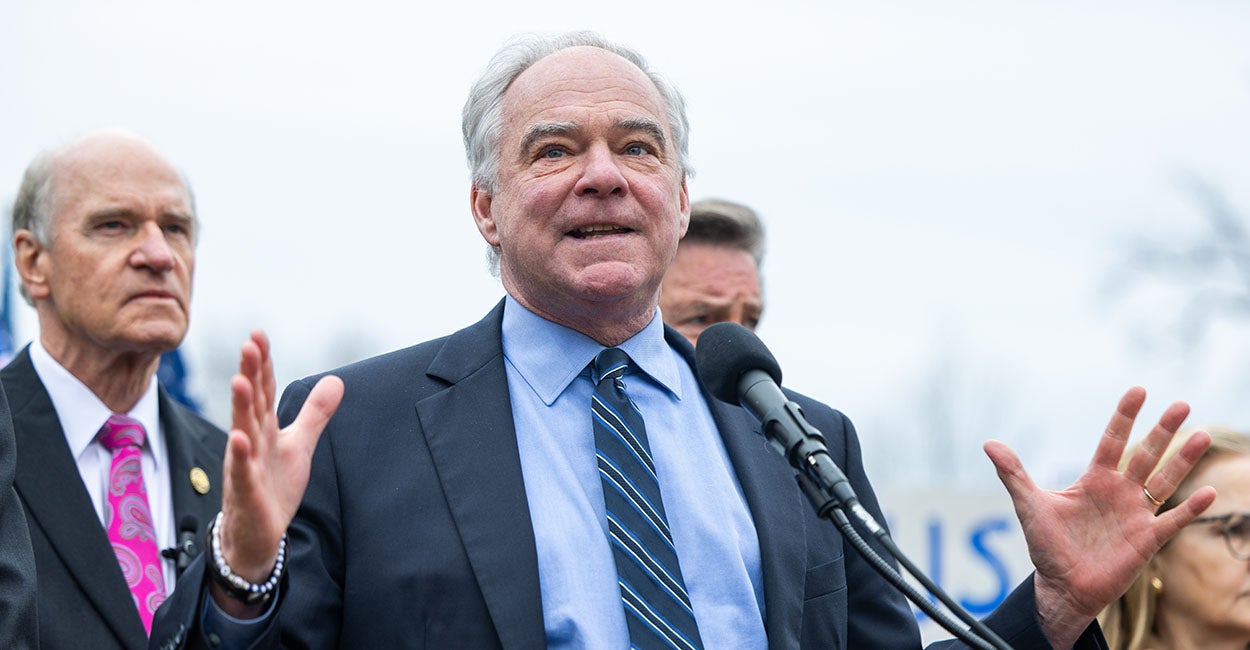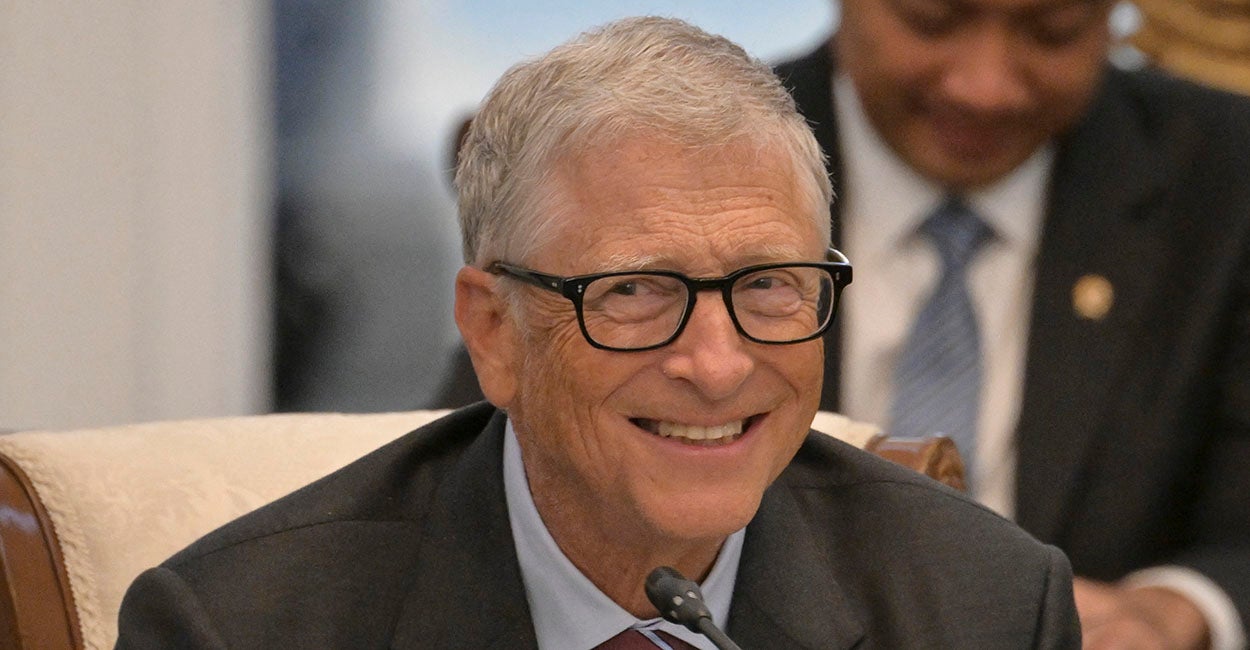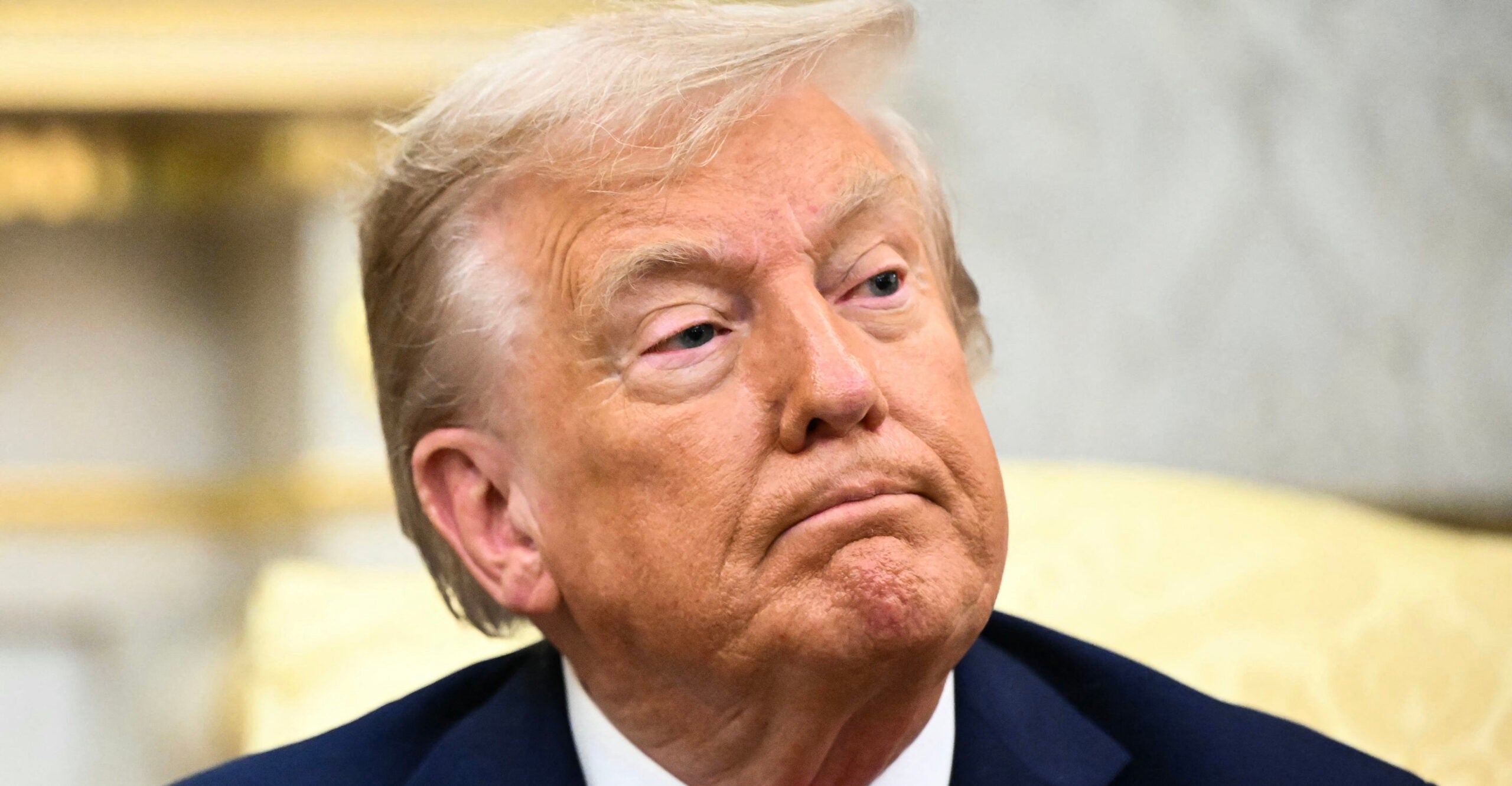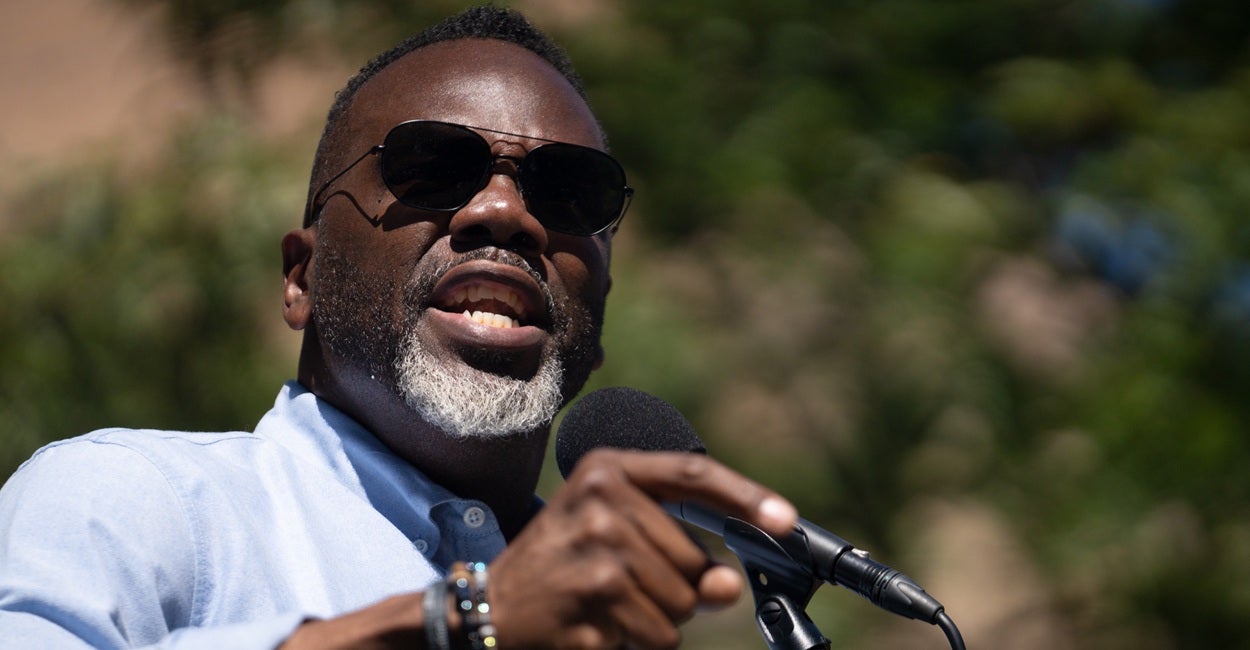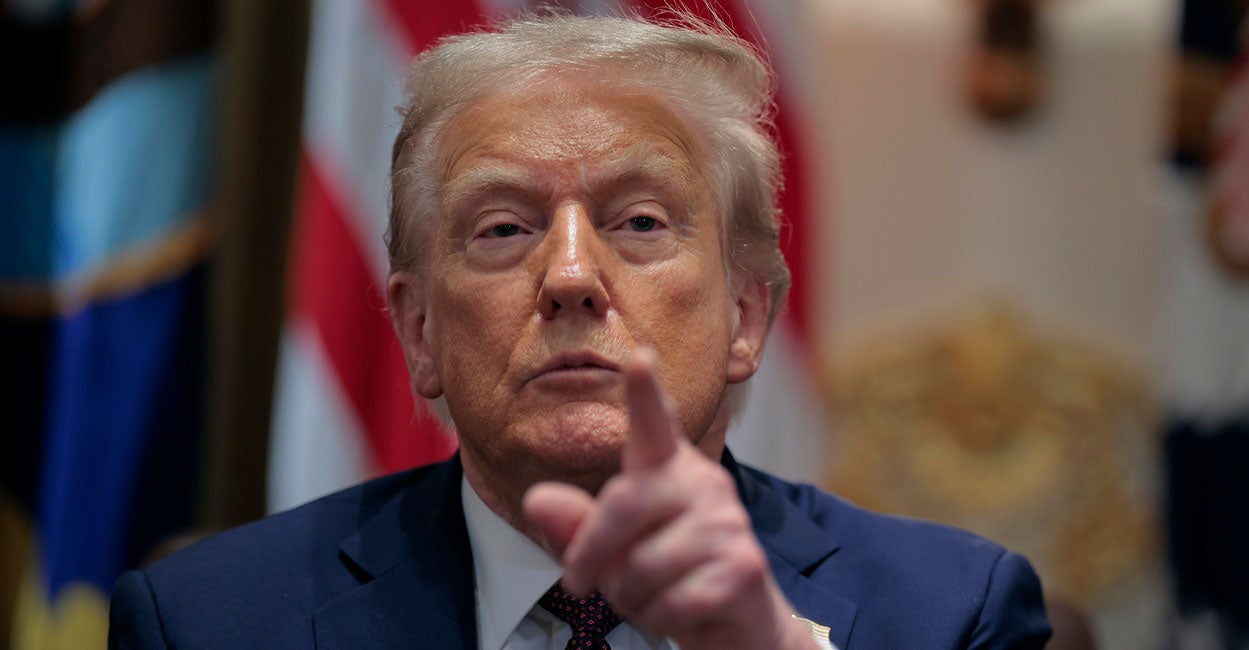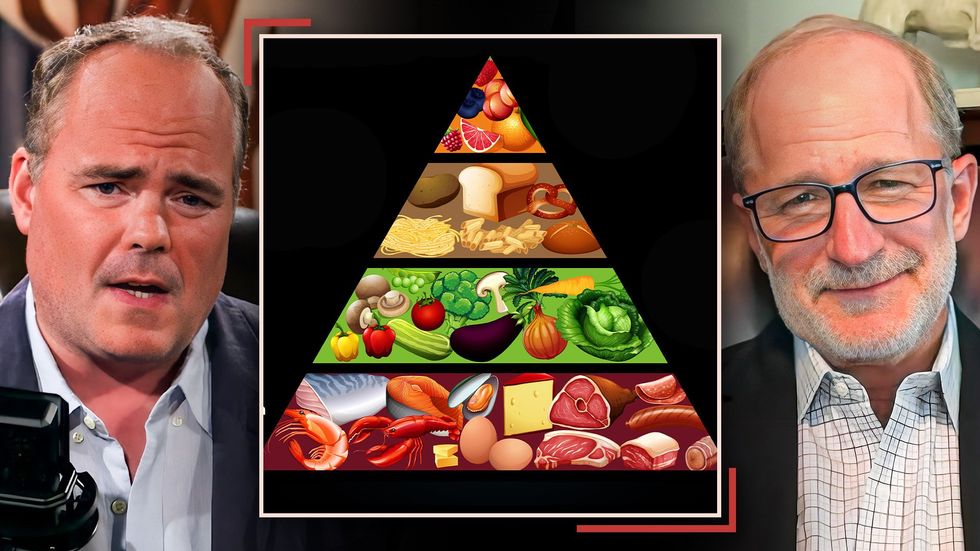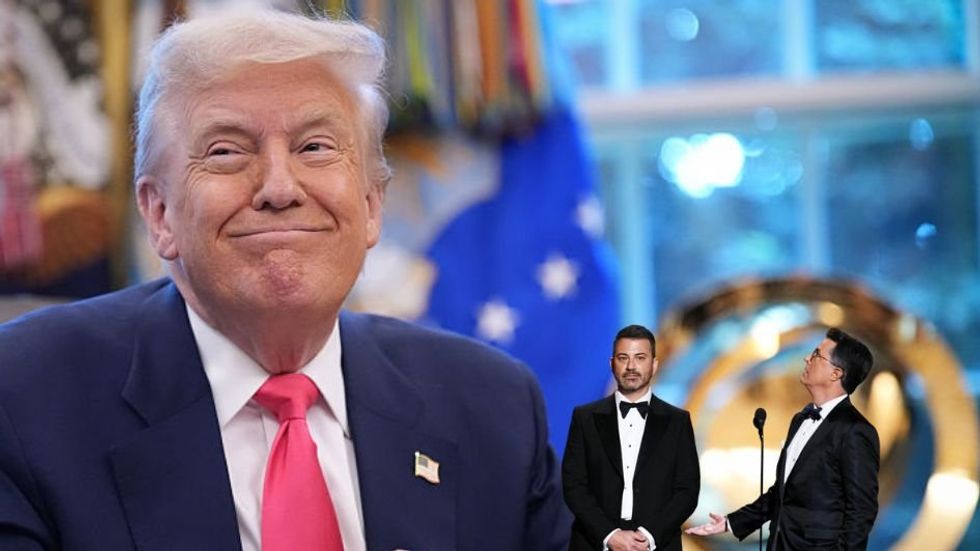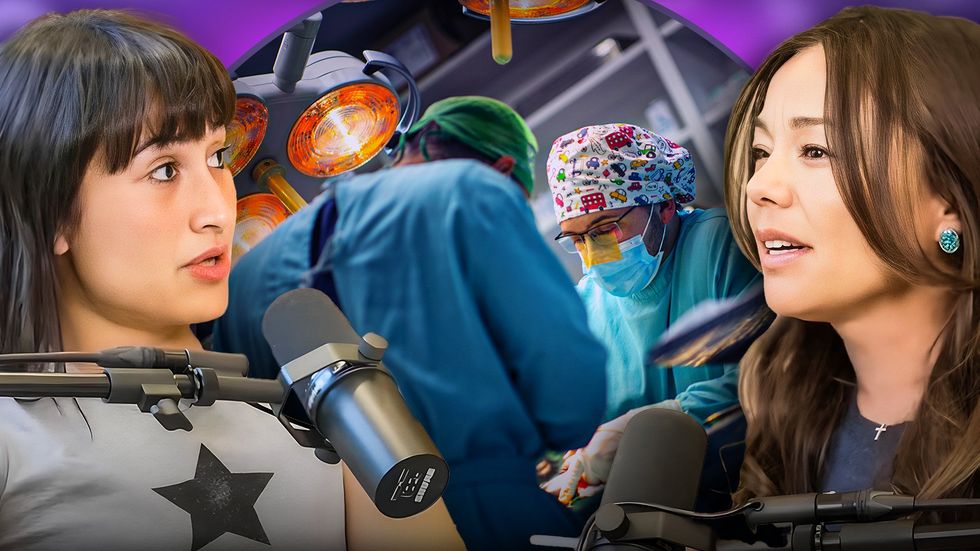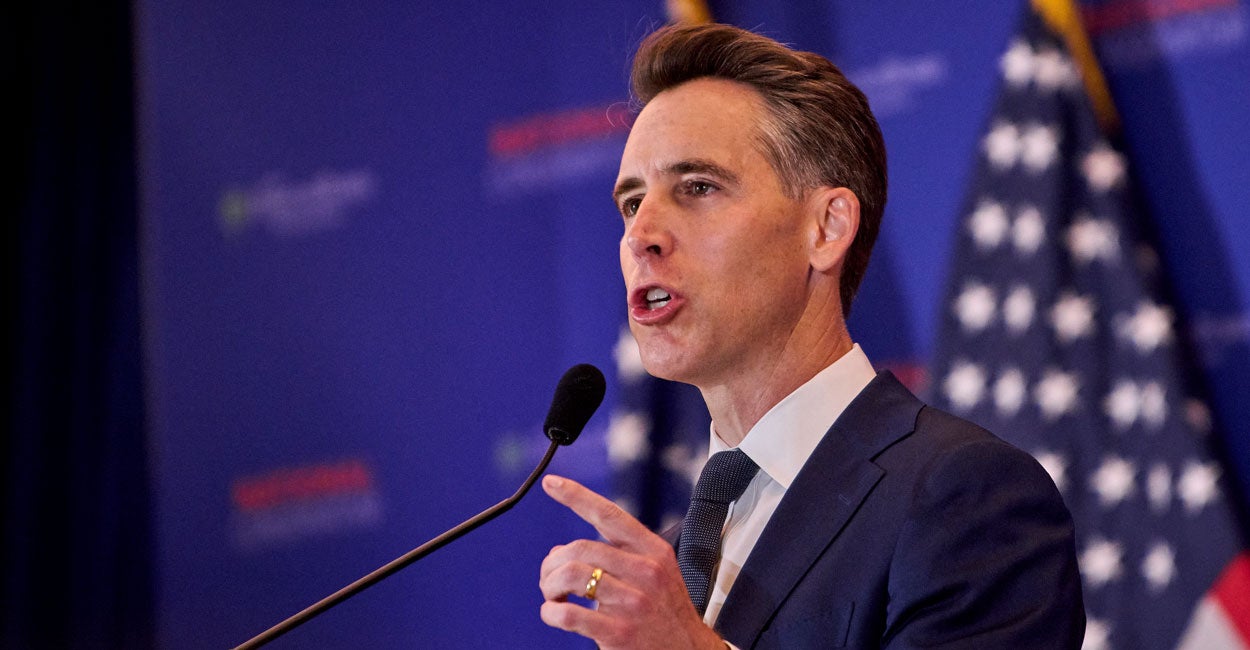Disney Ditching DEI Signals A Return Of The Hero
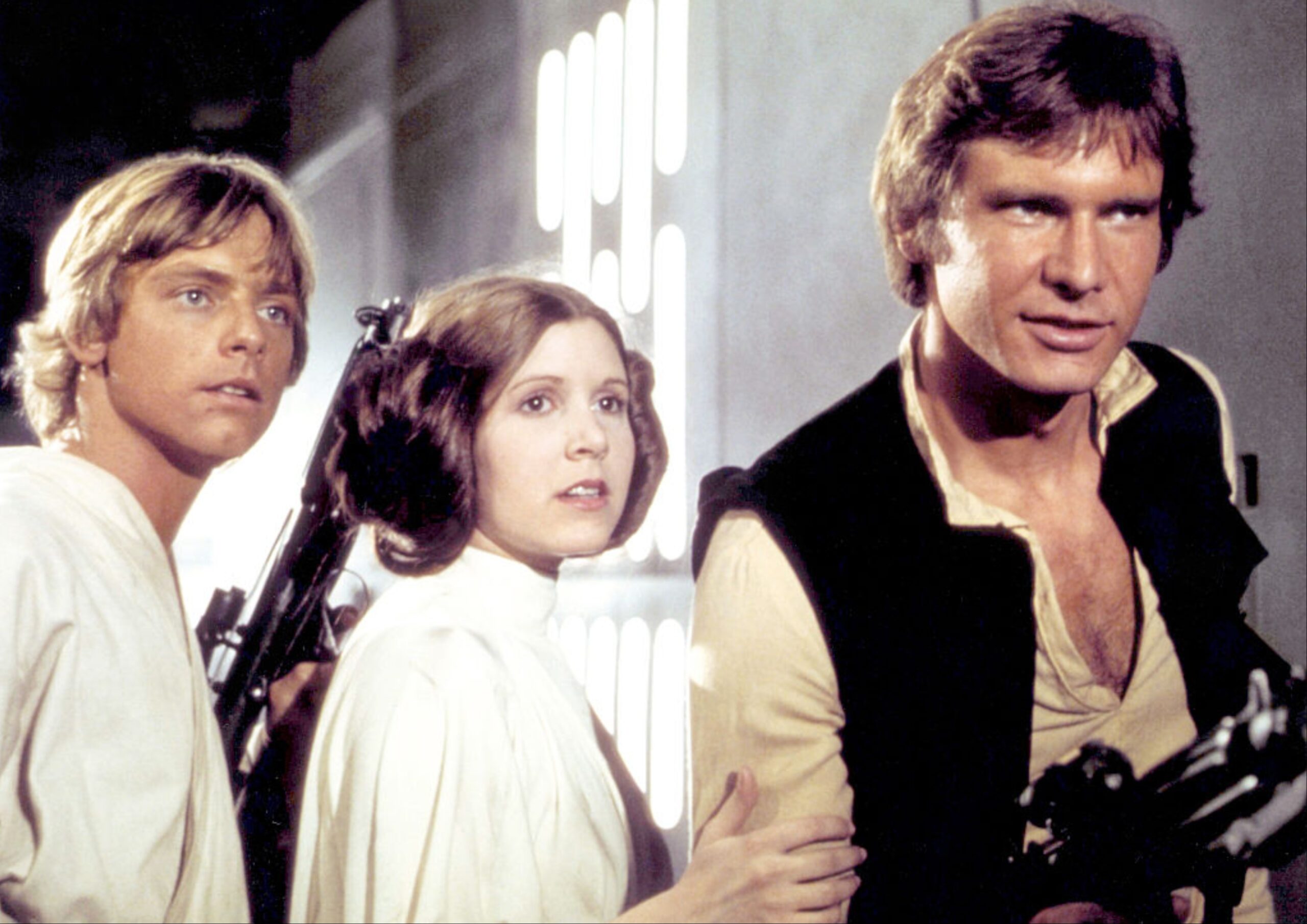
Donald Trump’s comeback has reshaped America’s cultural and political landscape in just a matter of weeks. In perhaps the greatest challenge to Andrew Breitbart’s popular adage that, “Politics is downstream from culture,” culture is proving to be highly responsive to political change, evidenced by the flurry of major companies running for the exits on diversity, equity, and inclusion (DEI) initiatives. On Tuesday, it was reported that Disney is slashing its DEI programs and even redrawing strongly worded trigger warnings added to classic films in October 2020, such as “Peter Pan,” “Dumbo,” and “The Aristocats” on the Disney+ streaming platform.
What’s happening here is not just CEOs recognizing DEI’s defeat in the court of public opinion and on Wall Street, but also a response to a rising tide of demand for heroes in a country that has been told for eight years to forget they exist. This is something President Trump seems to understand in his stated recommitment to open a National Garden of American Heroes.
The age of expecting young people to participate in the future of a country they’re told is deeply racist, or hoping families will stream “Peter Pan” while also telling them that it’s an offensive story – is over.
Consider a recent underreported change at Disney Parks. Last week it was revealed that a “new” character was coming to Disney’s Star Wars Galaxy’s Edge theme park: Luke Skywalker.
It’s hard to believe, but the titular hero of the “Star Wars” franchise has not been a part of the $1 billion expansion started in 2018. Disney was only three years into their ownership of the world’s most valuable intellectual property at the time, acquired under the first tenure of CEO Bob Iger, and its divisive second “Star Wars” was roiling Star Wars fans to a degree few could have imagined.
The 2017 film by Disney and director Rian Johnson, “Episode VIII: The Last Jedi,” infamously transformed the classic Star Wars hero of Luke Skywalker into a curmudgeonly hermit who had lost all hope in the future. Mark Hamill, who plays Luke Skywalker, was outspoken for a time about his disdain for the treatment of his iconic character.
“I hate what you’ve done with my character” is about as unambiguous as Hamill could have been about Luke’s diminished stature in the movie, and Star Wars has truthfully never been the same since. Both in its cultural prestige and financial success, Star Wars has faded.
Heroes became unfashionable in Hollywood after the 2016 election of Donald Trump, an expression of elite cynicism over Hillary Clinton being roundly rejected by Americans along with core elements of Barack Obama’s legacy.
In a perfect cascade of nihilism that engulfed memorials to the Founding Fathers, Francis Scott Key, and Ulysses S. Grant, and then negatively tinged stories about Captain America, Luke Skywalker, Superman, and Indiana Jones, the fashionable thing in entertainment was to invert hero narratives and question the goodness of virtuous characters in popular stories.
How else do you arrive at anti-American author Ta-Nehisi Coates being asked to handle the Captain America character for a line of Marvel comics? For many years the consensus was that fictional heroes should be handled by creatives like Rian Johnson and Coates who wanted to subvert their narratives and turn fans into skeptics.
It’s why the Scientific American dedicated space in its publication to 2021 to addressing how Star Wars’ Jedi Knights were “problematic,” “toxically masculine” and racist at their core.
The Left can’t build alternative heroes for American culture unless older ones are torn down first. This is as true of real-world political movements as it is of storytelling.
For Disney Parks, it made some degree of sense at the start of their Star Wars park to center the new characters driving their installments to the Star Wars universe, but it was always a defying of consumer demand to build a family experience around Kylo Ren, Rey, and the virtually unknown but “diverse” Vi Moradi, instead of Darth Vader, Luke Skywalker and Princess Leia.
Disney joins the ranks of Amazon, Meta, Boeing, Ford, Goldman Sachs, Bud Light, Harley Davidson, and others in rolling back or ending DEI commitments. For Disney that included the Reimagine Tomorrow initiative for promoting stories on underrepresented groups, another way of saying they’d have fewer straight, white characters and employees. The America First Legal group filed a federal civil rights complaint against Disney for “violating Title VII of the Civil Rights Act of 1964 by engaging in illegal race, sex, and national origin discrimination.”
This is all connected.
It is not a coincidence that Luke Skywalker is coming out for family photo ops at the same time Disney is rethinking the usefulness of DEI to its bottom line. To recognize that kids (and parents) revere Luke Skywalker and would stand in a 2-hour long line to say “cheese” is to acknowledge they won’t do that for other characters.
DEI failed in its effort to reshape America’s belief in the goodness of the country, and so the business community appears to be getting back to doing business. This could be Disney’s last chance to reassert leadership in family entertainment and bring heroism back to Hollywood.
* * *
Stephen Kent is a conservative commentator and author of How The Force Can Fix The World: Lessons on Life, Liberty & Happiness From a Galaxy Far, Far Away. Kent is the Media Director for the Consumer Choice Center. Follow him @StephenKentX
The views expressed in this piece are those of the author and do not necessarily represent those of The Daily Wire.
Originally Published at Daily Wire, Daily Signal, or The Blaze
What's Your Reaction?
 Like
0
Like
0
 Dislike
0
Dislike
0
 Love
0
Love
0
 Funny
0
Funny
0
 Angry
0
Angry
0
 Sad
0
Sad
0
 Wow
0
Wow
0

